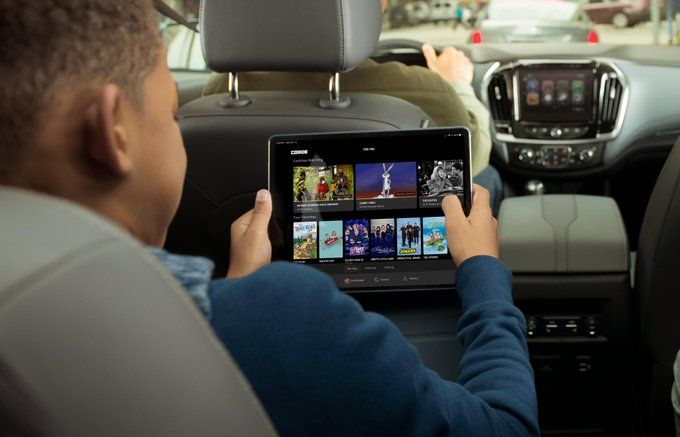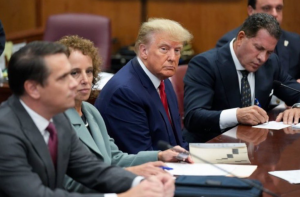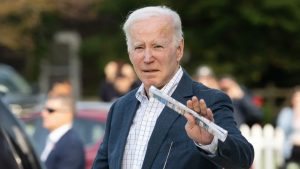National Highway Traffic Safety
Administration of the US asked General Motors on Monday to recall about 6
million big pickup trucks and SUVs equipped with potentially dangerous Takata
air bag inflators.
This will cost the automobile giant an estimated
$1.2 billion, about one third of its net income this year.
Also Read: Highflying Tesla reports surprise profit despite COVID-19 upheaval
The automaker claims to have
petitioned the National Highway Traffic Safety Administration (NHTSA) four times since
2016 to avoid recalls, arguing that the air bag inflator canisters have been
safe on the usage as well as in regulatory testing but the petitions were
denied by the agency saying the inflators still pose the risk of exploding.
The decision that took more than
four years to arrive comes in the heels of 27 reported deaths worldwide by the explosion of airbags, including 18 in the US.
Takata reportedly used volatile ammonium nitrate to create a small
explosion to fill air bags in a crash. But the chemical can deteriorate when
exposed to heat and humidity and explode with too much force, blowing apart a
metal canister and spewing shrapnel, as per an AP report.
NHTSA, releasing a statement, said that all the data available on the air bags has
undergone keen scrutiny, including engineering and statistical analyses, aging
tests and field data.
“Based on this
information and information provided to the petition’s public docket, NHTSA
concluded that the GM inflators in question are at risk of the same type of
explosion after long-term exposure to high heat and humidity as other recalled
Takata inflators,” AP quoted the agency as saying
Also Read: New Hummer’s EV sold out even before production, says company
The General Motor said the decision was unwarranted but added it will abide by the authority’s order
and is of the opinion that the vehicles are completely safe and fit to run on
the roads, reported AP
The US recalls, however, pushed
Japan’s Takata into bankruptcy and ran criminal charges against the company, resulting in its getting purchased by a Chinese automobile supplier.







